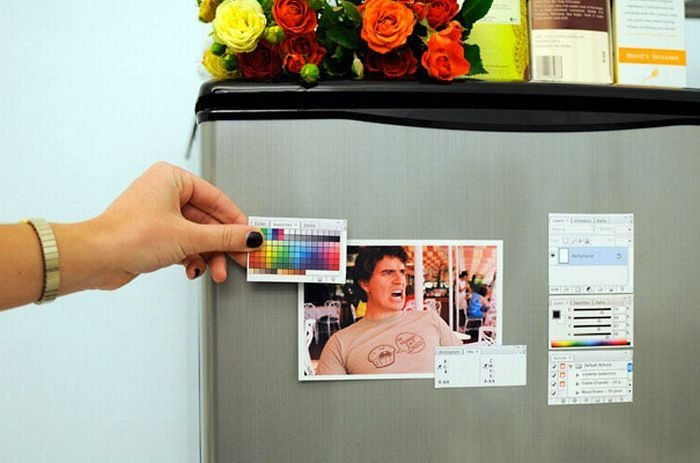|
|
Creative Camera Gadget
|
Complexities
Professional medium format SLR cameras (typically using 120/220 roll film) use a hybrid solution, since such a large focal-plane shutter would be difficult to make and/or may run slowly. A manually inserted blade known as a dark slide allows the film to be covered when changing lenses or film backs. A blind inside the camera covers the film prior to and after the exposure (but is not designed to be able to give accurately controlled exposure times) and a leaf shutter that is normally open is installed in the lens. To take a picture, the leaf shutter closes, the blind opens, the leaf shutter opens then closes again, and finally the blind closes and the leaf shutter re-opens (the last step may only occur when the shutter is re-cocked).
Using a focal-plane shutter, exposing the whole film plane can take much longer than the exposure time. The exposure time does not depend on the time taken to make the exposure over all, only on the difference between the time a specific point on the film is uncovered and then covered up again. For example an exposure of 1/1000 second may be achieved by the shutter curtains moving across the film plane in 1/50th of a second but with the two curtains only separated by 1/20th of the frame width. In fact in practice the curtains do not run at a constant speed as they would in an ideal design, obtaining an even exposure time depends mainly on being able to make the two curtains accelerate in a similar manner.
When photographing rapidly moving objects, the use of a focal-plane shutter can produce some unexpected effects, since the film closest to the start position of the curtains is exposed earlier than the film closest to the end position. Typically this can result in a moving object leaving a slanting image. The direction of the slant depends on the direction the shutter curtains run in (noting also that as in all cameras the image is inverted and reversed by the lens, i.e. "top-left" is at the bottom right of the sensor as seen by a photographer behind the camera).
|
|









